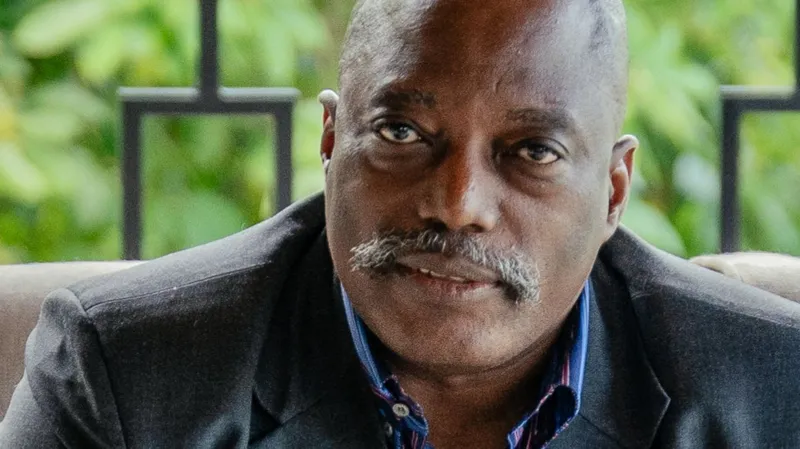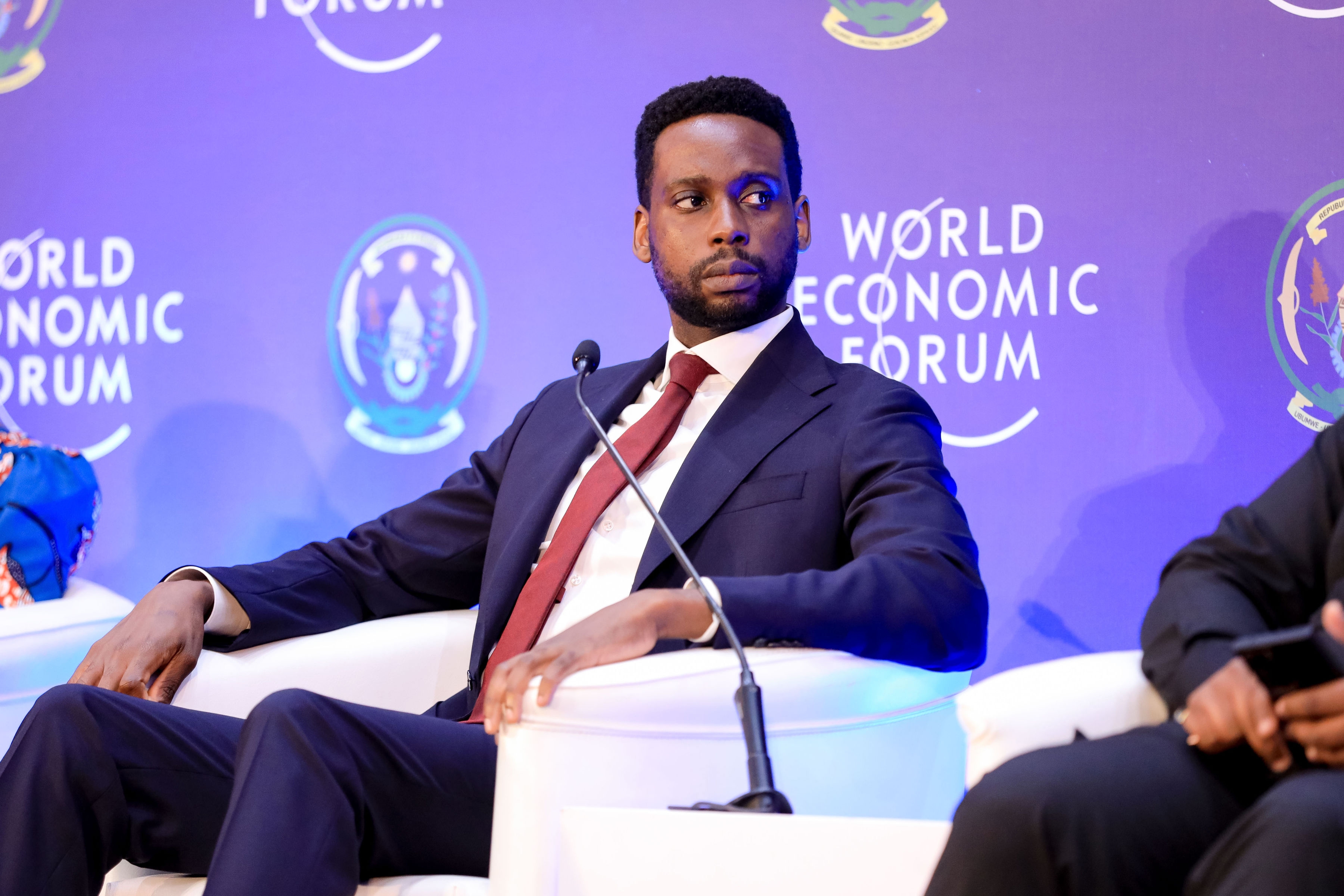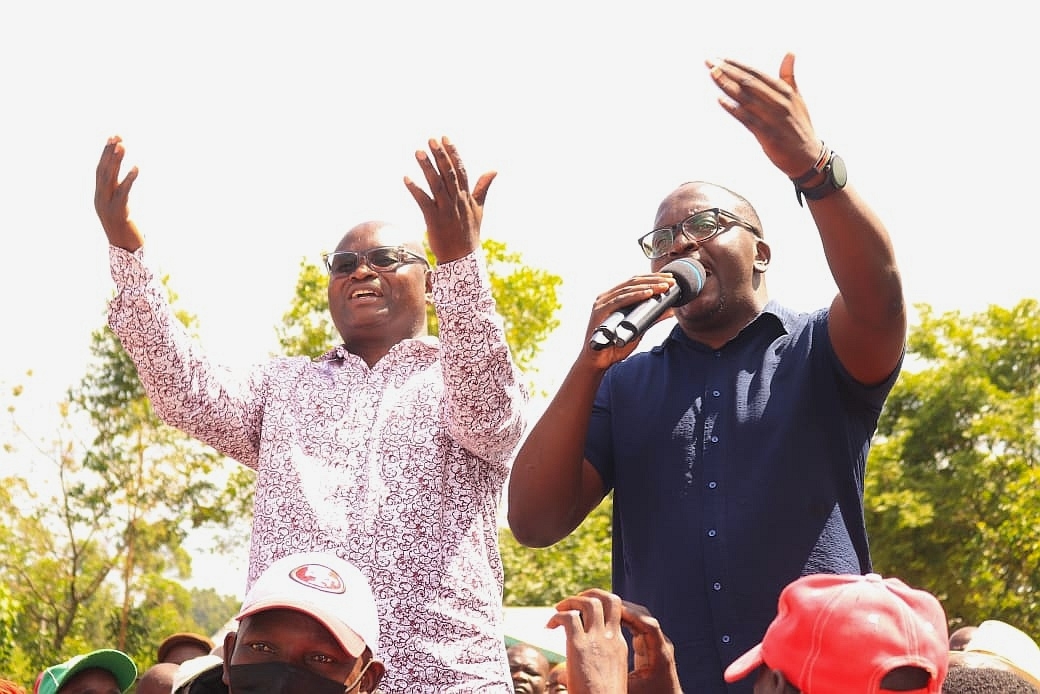

The treason trial of the former president of the Democratic Republic of Congo, Joseph Kabila, has begun in a military court in the capital, Kinshasa.
He also faces other charges, including murder and rape, linked to his alleged support for M23 rebels - who control a large part of the mineral-rich east of the country. He denies the charges, did not appear at the hearing and has asked to be tried in absentia.
Kabila's successor, President Félix Tshisekedi, has accused him of being the brains behind the rebels.
The ex-president has rejected the case as "arbitrary" and said the courts were being used as an "instrument of oppression".
After several hours, Friday's trial was adjourned to the end of the month, following a request by prosecutors for extra time to review documents.
A ceasefire deal between the rebels and the government was agreed last week, but fighting has continued.
Kabila had been living outside the country for two years, but arrived in the rebel-held city of Goma, in eastern DR Congo, from self-imposed exile in South Africa in May.
Pointing to overwhelming evidence, the UN and several Western countries have accused neighbouring Rwanda of backing the M23, and sending thousands of its soldiers into DR Congo. But Kigali denies the charges, saying it is acting to stop the conflict from spilling over onto its territory.
In May, the upper house of the legislature lifted Mr Kabila's immunity as senator for life to allow his prosecution on charges that include treason, murder, taking part in an insurrectionist movement, and the forcible occupation of Goma.
The 53-year-old led DR Congo for 18 years, after succeeding his father Laurent, who was shot dead in 2001. Joseph Kabila was just 29 at the time.
He handed power to President Félix Tshisekedi following a disputed election in 2019, but they later fell out.
In a now-deleted YouTube video released in May, Kabila lashed out at the Congolese government calling it a "dictatorship", and said there was a "decline of democracy" in the country.
At the time the Congolese government spokesperson, Patrick Muyaya, rejected Kabila's allegations, saying he had "nothing to offer the country".
In anger at Friday's trial, Ferdinand Kambere - a close ally of Kabila who served in his now-banned PPRD party, accused the government of "double standards". He said it was too soft in its peace deal but too hard on Kabila, adding that the trial was a way to exclude Kabila from the country's politics.
Another Kabila stalwart - Emmanuel Ramazani Shadary - reportedly said a guilty verdict was a forgone conclusion and that the trial was little more than "theatre".
But as the trial opened, Congolese Deputy Justice Minister Samuel Mbemba had stern words for any detractors.
"Justice does not negotiate, it does not join in dialogue. The calendar for justice is different from the political calendar."

















